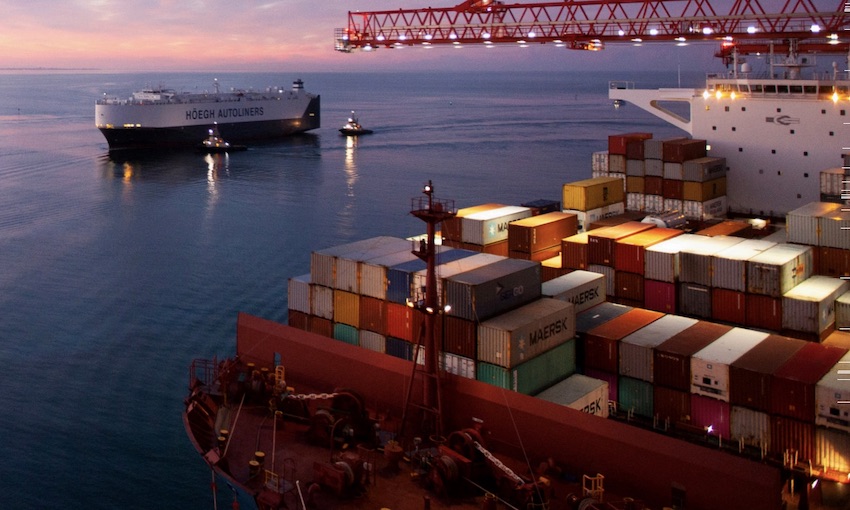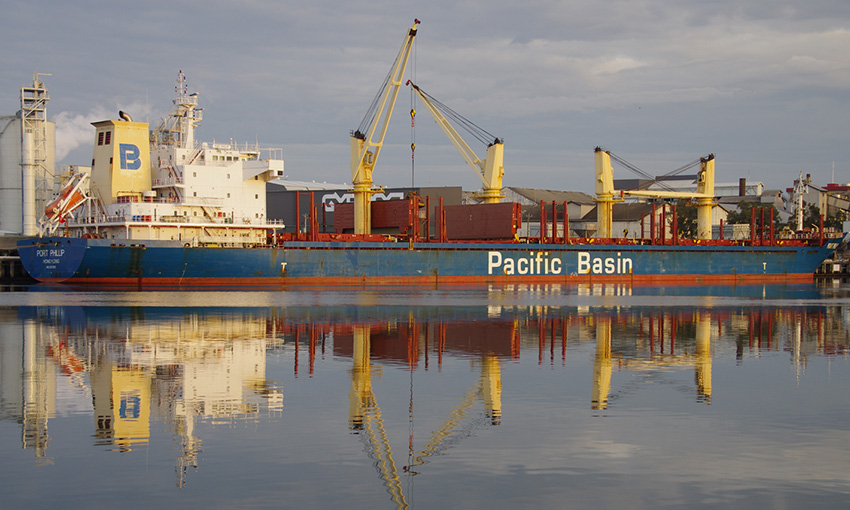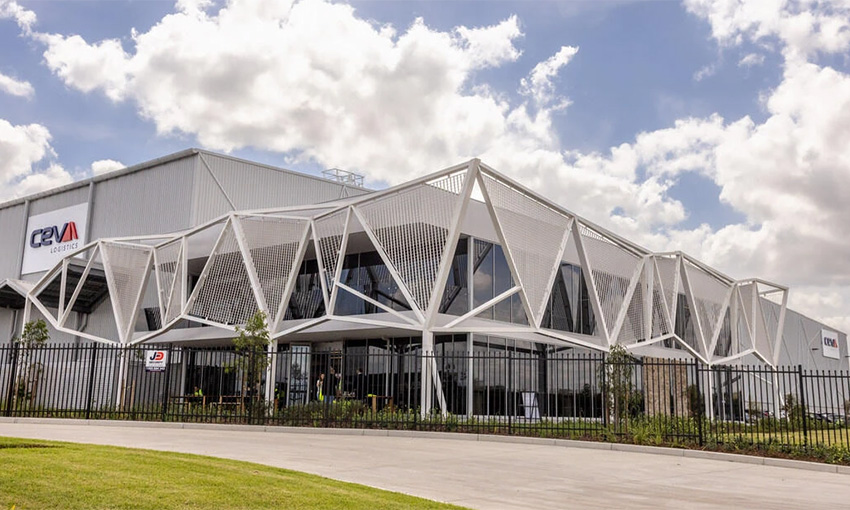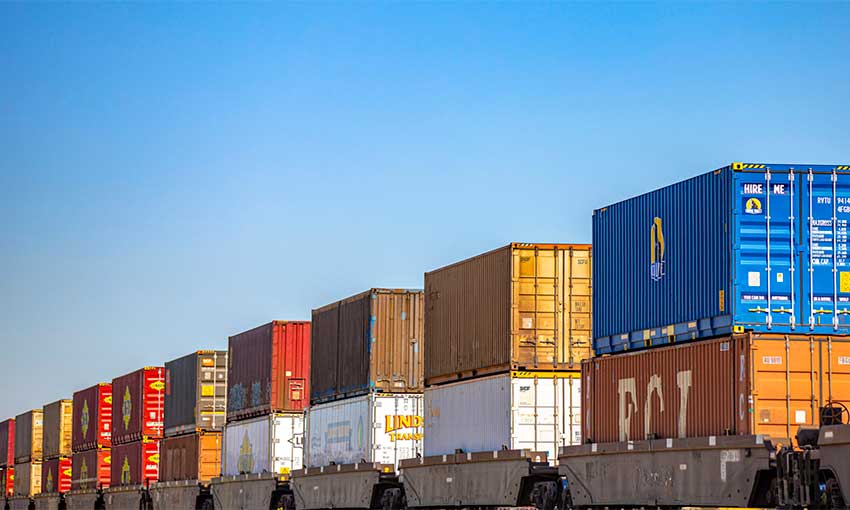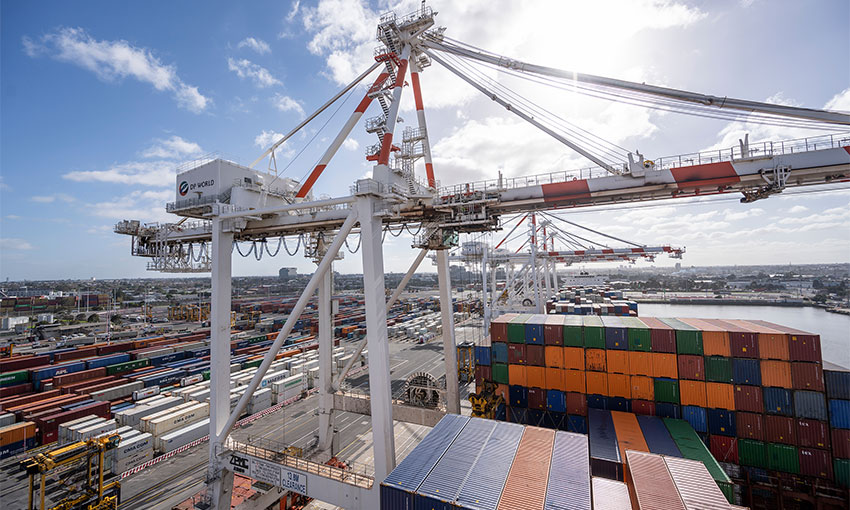THE Port of Brisbane (PBPL) has released it’s 2020/21 Sustainability Report, outlining its progress on actions and initiatives during the year.
Interim CEO and CFO, Neil Stephens, said PBPL’s sustainability program continued to lead the way in the ports industry.
“Our sustainability program is delivering real value not just to our business but to our customers, stakeholders and the broader community as well,” he said.
“Three years into the program, we have put sustainability at the core of our business strategy. We believe this will support PBPL’s sustainable growth as well as deliver long-term benefits for our customers and the broader Port of Brisbane community.”
This year’s sustainability report was accompanied by the port’s first Climate Change Disclosures Report, which outlines how it is managing climate-related risks – the first Australian port to do so.
PBPL’s assessment did not identify any material or transition climate-related risks that pose a material threat to the achievement of its business or sustainability strategies.
Its report stated that the risks identified are likely to emerge over the long-term and will be managed and mitigated against via its risk management and strategic planning processes.
PBPL has committed to a number of actions in FY22 including economic scenario analysis to identify and assess additional potential transition impacts and opportunities. And, to increase the organisation’s understanding of Scope 3 emissions, including sources, data availability, and ability to influence emissions reductions.
“We are proud of our sustainability performance and achievements during 2020/21, many of which would not be possible without the strong support and collaboration of our customers and stakeholders,” Mr Stephens said.
Some key achievements of 2020/21 include zero lost time injuries recorded; a 299% increase in solar energy production; 41% of PBPL-generated waste recycled; and the launch of the organisation’s first Reconciliation Action Plan.

